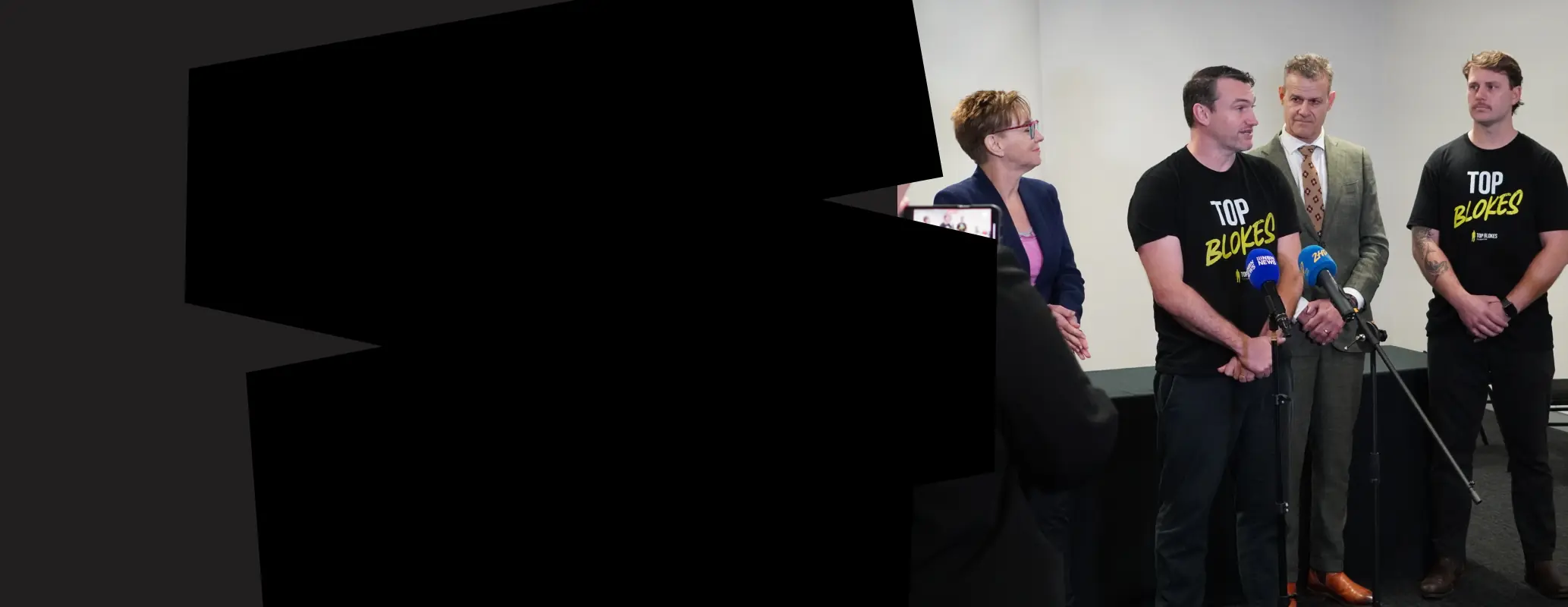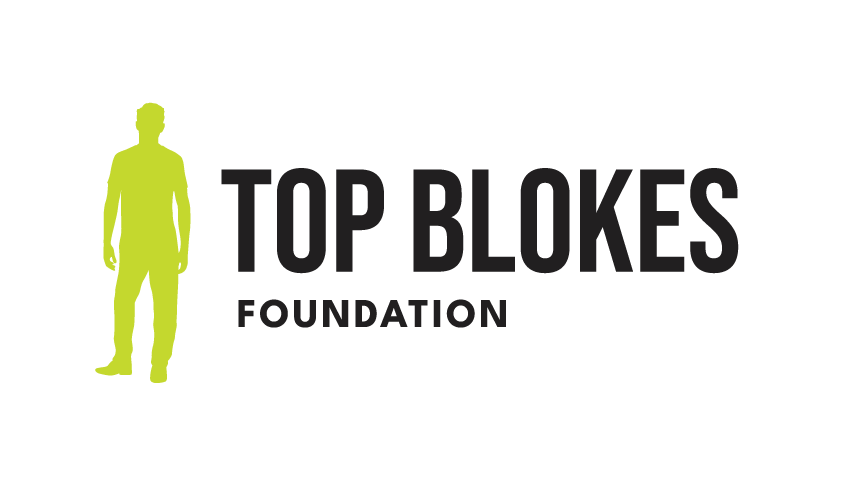Measurable impact for boys, young men and communities
Our qualified youth workers and mentors are proud to stand alongside over 20,000 boys and young men in over 150 schools across NSW and QLD.
OUR REACH IN 2024
boys and young men mentored
mentoring programs delivered
schools and organisations across Australia
Our Outcomes
A three year EY social impact evaluation study discovered that:
SNAPSHOT ON EDUCATION
Lower detention and suspension rates
The Top Blokes program helps increase a young man’s attendance at school and reduces the rate of detention and suspension, in some cases between 20-100%.
Reduced costs for schools
Schools save on average $33k in avoided time spent while the boys are in the program and an additional $20k in avoided time spent post-program.
Better education outcomes and life skills
One in two boys improved their academic performance after participating in the program.
SNAPSHOT ON WELLBEING
4x better off
Young males are four times better off experiencing the Top Blokes program and having a mentor than young males who don’t have a mentor.
Improved mental health
53% improved their personal wellbeing with high improvements in dealing with problems, confidence, interest in talking to people and feeling good about themselves.
Lower antisocial behaviour
38% noted a decrease in antisocial behaviour driven by a strong reduction in getting in trouble in and outside of school.
You Said…
To be a Top Bloke means a lot. You learn and grow as a male; you learn to control your mental health state. It’s helped me cope with things and be more open about my problems. I’d recommend it to other schools. It’s an amazing program because it’s helped me and other kids.
Top Blokes participant
Top Blokes has helped me mentally and physically. It’s made me better at dealing with peer pressure and helped me to be an upstander.
Top Blokes participant
There is a level of maturity that was not present before. Many of our students that stuck with the program are less reactive and more thoughtful about their interactions. They are also more aware of respectful relationships between genders than they were previously. Our students are interacting with a lot more maturity than they did prior to the program.
Teacher
Get Involved
Where We Work
Meet our teamLet’s Chat
Want to bring Top Blokes to your school? If you’re an educator, teacher, wellbeing coordinator we’d love to hear from you.
Book a chat with us and discover how to bring Top Blokes to your school community.
Latest news and stories
 Top Blokes news
Top Blokes news Community Story
Community Story In the media
In the media
